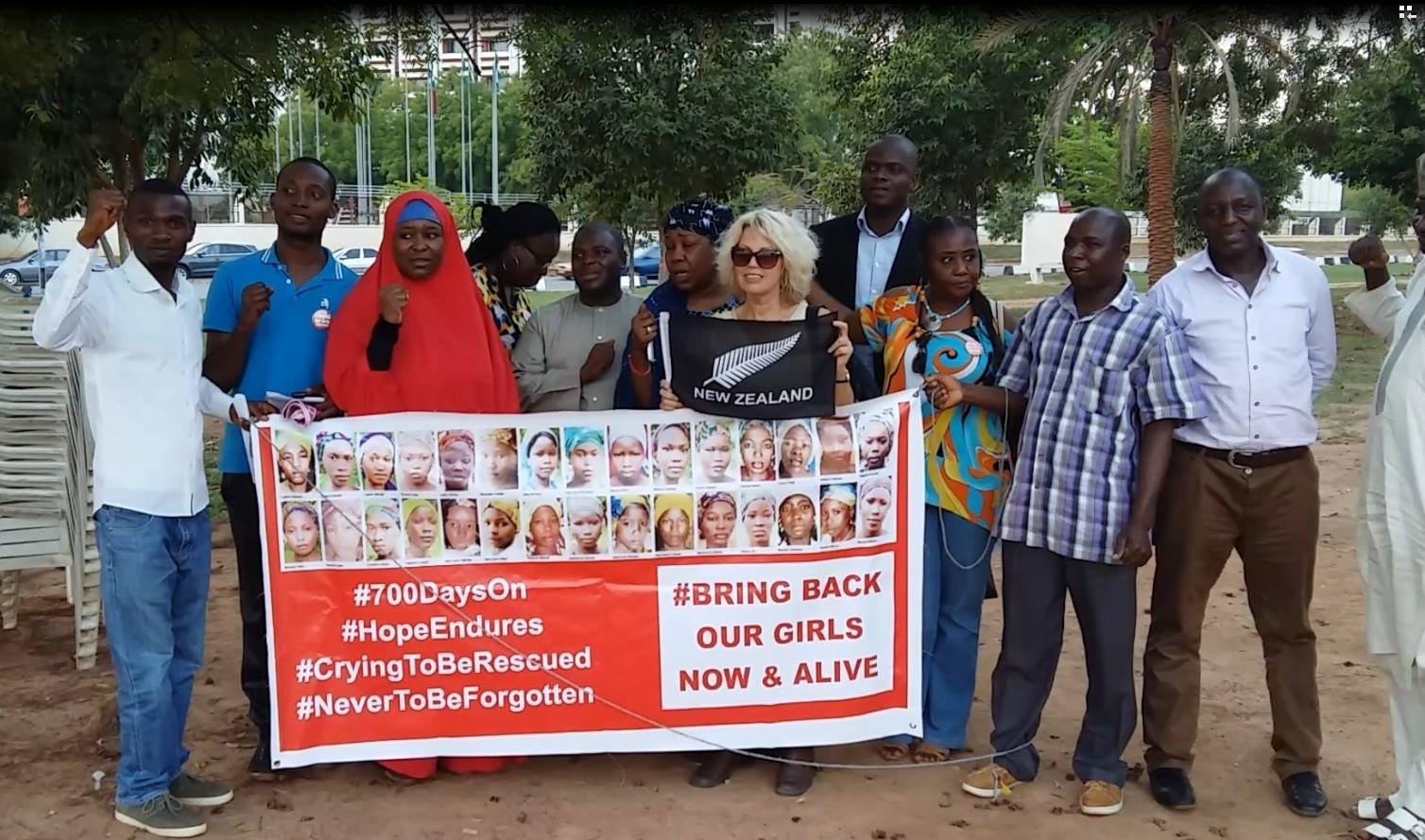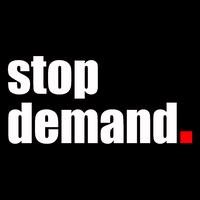
Stop Demand was set up in 2003. Its history however goes back much further.
In summary:
Stop Demand Foundation (Stop Demand) was set up in 2003.
Its history goes back a decade earlier, to 1993.
Over time its mandate has evolved. Initially focused on sexual violence and sexual exploitation of children, Stop Demand now calls for action to stop all forms of sexual violence, sexual exploitation and sexual denigration of women and children.
Identifying a gap
In 1993, Stop Demand's founder joined a growing international movement focused on combating the commercial sexual exploitation of children. The movement laudably and successfully focused on awareness raising, law reform, law enforcement and measures to protect, rescue and rehabilitate children, with the aim of ending child prostitution, child pornography and child trafficking for sexual purposes.
Yet like all trades, the child sex trade is predicated on demand and supply dynamics. Without demand, overwhelmingly by men, there would be no supply of children for the trade.
Other than law reform and law enforcement, little focus was being directed towards challenging widespread attitudes and beliefs that fuel the global child sex trade. Further, around the world calls to action were being made on governments, legislators, law enforcers and even civil society (eg. the tourism and Internet industries). But where were the calls on men?
2. Redressing the gap - demand impacting on children
In 2003, Stop Demand was set up to redress that gap. Its mandate was to work at both a local and global level to address attitudes and beliefs underpinning:
Male demand that fuels the global child sex trade (prostitution, sex tourism, sex abuse images/pornography, and sex trafficking); and
Other forms of sexual violence against children - incest, rape and sexual abuse:
within the home, the community and institutions, refugee camps and armed conflict;
within cultural practices such as child brides, devadasi/temple girls; and
arising from distorted cultural beliefs such as sex with a virgin cures HIV/AIDS, brings good fortune or restores virility.
Rationale: Widely-held attitudes and beliefs underpinning the child sex trade are also at the heart of all forms of sexual violence and sexual exploitation of children, whether commercial or non-commercial.
3. Stop Demand's expanded mandate - Demand impacting on women and children
Over time, Stop Demand recognised that:
The majority of men using children within the global child sex trade are first and foremost users of the global adult sex trade
The same attitudes and beliefs that underpin the buying of women and children for sex also underpin sexual violence and sexual exploitation of women and children - eg perceived male "entitlement", power, dominance, patriarchy/machismo, etc.
Attitudes and beliefs are further reinforced, tacitly or deliberately, through widespread sexual denigration of women - across communities, cultures and continents, spanning locker rooms to corporate boardrooms - eg. sexually denigrating talk, rape jokes, etc.
In 2008 Stop Demand formally amended its Deed of Trust to reflect its expanded mandate, which calls for action to stop all forms of sexual violence, sexual exploitation and sexual denigration of women and children.
Our Track Record
Stop Demand's successes in raising awareness and educating, to bring about change, include:
spearheading law reform - eg. child sex tourism; child sex abuse material eg. Parliamentary Debate
Advertising Standards Authority complaint- With Jean
Advertising Standards Authority complaint- Nulon oil
leading actions against the sex industry eg. the hardcore porn industry
obtaining rulings by authorities such as Advertising Standards Authority on denigrating billboards/ads - Download ASA Report
regular media coverage (print, radio, TV, online) - eg. child sex tourism; child sex abuse material
While it has no political affiliations, Stop Demand's work has been recognised, and commended, by politicians across the political divide (see Parliamentary Debate).

